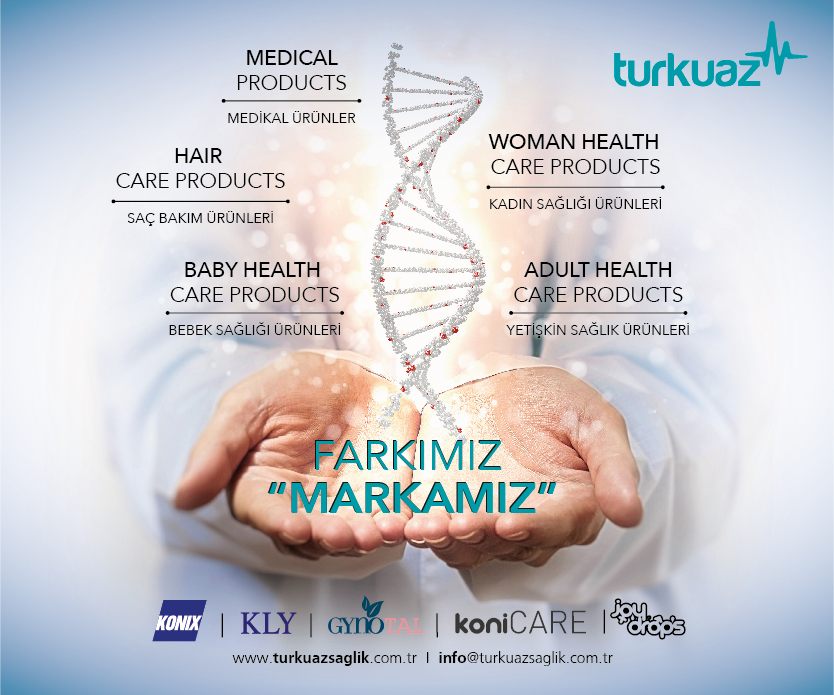Stanford, hastane hastalarının ömrünün sona erdiğini tahmin etmek için “şaşırtıcı derecede doğru” bir sistemi açığa çıkarıyor
Stanford researchers have developed an AI that can predict when a patient will die with up to 90 percent accuracy.
While the idea might sound unnerving, the team behind the work says it could vastly improve end-of-life care for patients and their families.
By more accurately pinpointing when a terminal or seriously ill patient may pass, caregivers can prioritize their wishes and ensure important conversations are held before it’s too late.

In the new study published pre-print to arXiv, the Stanford team explains that there is often a huge discrepancy between the way a patient wants to live out the rest of their life, and how it actually happens.
According to the researchers, roughly 80 percent of Americans wish to spend their final days at home – but, as many as 60 percent end up dying in the hospital.
In effort to close the gap, the team at Stanford University trained a deep neural network on Electronic Health Record data from the Stanford Hospital and Lucile Packard Children’s hospital, encompassing roughly 2 million adult and child patients, according to IEEE Spectrum.
‘We could build a predictive model using routinely collected operational data in the healthcare setting, as opposed to a carefully designed experimental study,’ Anand Avati, a PhD candidate in computer science at the AI Lab of Stanford University, told IEEE.
‘The scale of data available allowed us to build an all-cause mortality prediction model, instead of being disease or demographic specific.’
The tool isn’t designed to work by itself to guide the care process.
Instead, it could be used in conjunction with assessments by the human doctor to make proactive decisions in pre-screening patients for end-of-life planning.
As the researchers explain, it isn’t always easy to understand who needs palliative care and when.




















